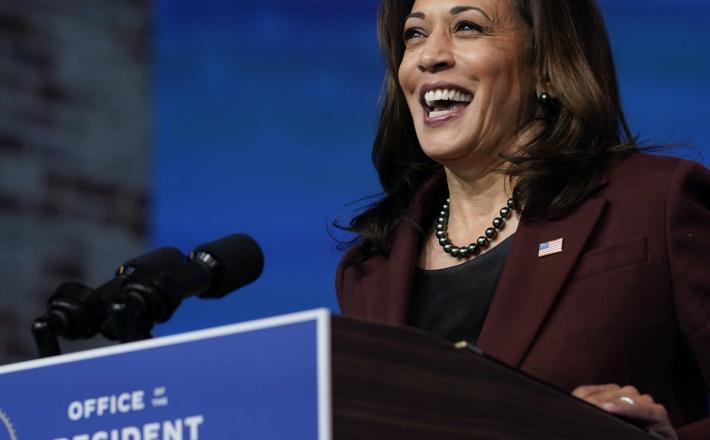The world needs more women leaders — during COVID-19 and beyond
Source: The Conversation
With the fight against the COVID-19 pandemic top of mind for most of our leaders, economic recovery plans are being studied and analyzed by researchers.
As with any plan, success hinges on certain conditions being put in place. The one we consider most important is the gender balance in positions of power and influence within our societies.
Gender parity leads to collaboration and a blending of visions, and paves the way for the adoption of more comprehensive and inclusive solutions than if they’re conceived from only one perspective.
A recent study that looked at the performance of 194 countries in their fight against COVID-19 found that women-led countries were generally more successful in fighting the pandemic than those led by men. However, it’s worth noting that there was already a balanced representation of both sexes in the countries’ key roles of power and influence, suggesting that leadership environments with gender parity lead to healthier, stronger and more consensual decisions.
Click here to read the full article published by The Conversation on 1 December 2020.

With the fight against the COVID-19 pandemic top of mind for most of our leaders, economic recovery plans are being studied and analyzed by researchers.
As with any plan, success hinges on certain conditions being put in place. The one we consider most important is the gender balance in positions of power and influence within our societies.
Gender parity leads to collaboration and a blending of visions, and paves the way for the adoption of more comprehensive and inclusive solutions than if they’re conceived from only one perspective.
A recent study that looked at the performance of 194 countries in their fight against COVID-19 found that women-led countries were generally more successful in fighting the pandemic than those led by men. However, it’s worth noting that there was already a balanced representation of both sexes in the countries’ key roles of power and influence, suggesting that leadership environments with gender parity lead to healthier, stronger and more consensual decisions.
Click here to read the full article published by The Conversation on 1 December 2020.